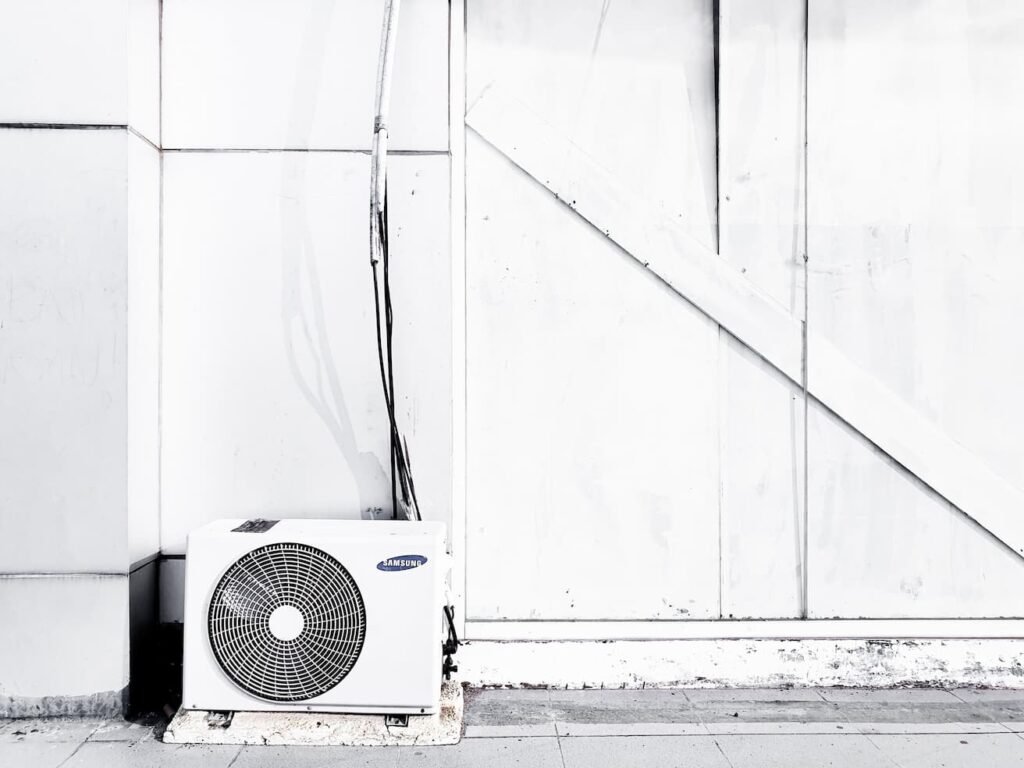If your circuit breaker trips or fuse blows frequently, you may have a serious electrical problem. Keep reading to learn about the most common causes of a tripped circuit.
Introduction
If your circuit breaker trips or fuse blows frequently, it’s important to understand the root cause of the problem. In many cases, a tripped circuit is caused by an electrical issue. However, there are a number of other potential causes.
Body
One of the most common causes of a tripped circuit is an overloaded circuit. This occurs when too many devices are plugged into one circuit. The circuit can’t handle the increased demand and trips.
Another common cause of a tripped circuit is a short circuit. This happens when there is a break in the circuit, typically due to a damaged wire. The break in the circuit causes the current to take an alternative path, which can cause the circuit to trip.
Static electricity can also cause a tripped circuit. This happens when there is a build-up of static electricity, which can discharge and cause a circuit to trip.
A ground fault can also cause a circuit to trip. This happens when there is a break in the circuit that allows current to flow into the ground.
Finally, a tripped circuit can be caused by a faulty circuit breaker or fuse. If the circuit breaker or fuse is defective, it may not be able to handle the amount of current flowing through the circuit, causing it to trip.
Summary
The most common causes of a tripped circuit are an overloaded circuit, a short circuit, static electricity, a ground fault, and a faulty circuit breaker or fuse. If your circuit breaker trips frequently, it’s important to determine the root cause of the problem.


